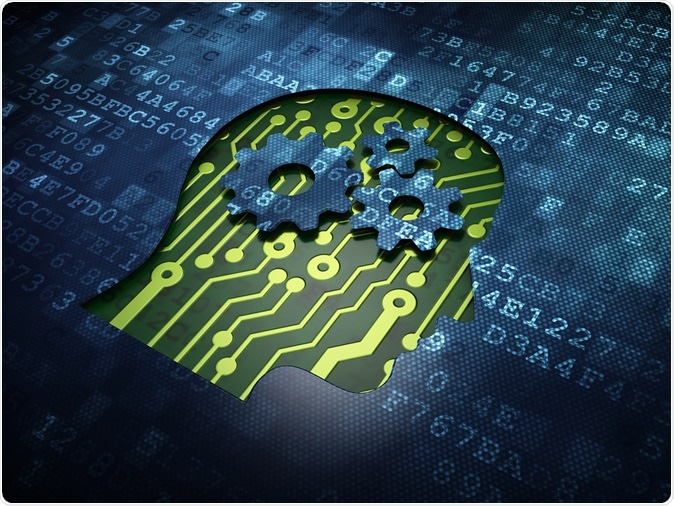Nectome, a start-up says that one day they may be able to download all the information that the brain stores in it digitally to create a back-up. The only caveat is that the person has to be dead first.
Nectome could possibly scan the human brain and preserve it digitally. The brain of the dead person could also run successfully as a digital simulation, they claim. To try this out they need fresh brains to work upon they said. This means that the process would be 100 percent fatal to the individual.

Image Credit: Maksim Kabakou / Shutterstock
Nectome is being funded and supported by Y Combinator and is likely to be a big thing in the near future, the makers claim. Their website says that they would soon be able to survey the “connectome” of the brain. The connectome of the brain refers to the nerve network within the brain that makes it so complex. These detailed connections can possibly be downloaded in such details, the website claims, that the memories of the person within his or her brain could be recreated successfully after their deaths. It says, “Imagine a world where you can successfully map and pinpoint a specific memory within your brain…Today’s leading neuroscience research suggests that it is possible by preserving your connectome.”
Y Combinator has earlier funded and supported companies like Dropbox and AirBnB. Nectome would be part of the effort’s demo next week. At this demo many companies come to pitch their proposals to investors and the press. Nectome is also being supported with $960,000 from the US National Institute of Mental Health. The government agency supports this endeavour in the hope that it may lead to avenues in “brain preservation”.
The burning question next is the problem with euthanasia since this project would need freshly dead brains for it to download the information. Terminally ill patients could be the first to be part of the pilot testing phase of the research. Once the brains are obtained, they would be embalmed and preserved meticulously to maintain the microscopic details of the living brain accurately. They have managed to preserve the brain of a rabbit with this level of detail and have already won accolades from the scientific world. They next worked on the brain of a woman in Portland, Oregon, who had just died. They explained that not even an hour’s delay after death could be compensated for. After even an hour of death, the brain already was damaged enough so that many details are lost.
As a next step the team led by MIT graduate Robert McIntyre, is looking for people who are planning on doctor-assisted suicide. Their brains would be obtained for research. As obvious the ethical and legal issues are of foremost importance here. End-of-life measures and euthanasia laws need to be kept in mind and the company now is in consultation with lawyers who are familiar with these regulations in order to take the research forward.
Experts are sceptical whether this would actually work and if it would be ethical. The firm however has already launched its waiting list to gain funding. People can and have signed up for a refundable $10,000.
Sebastian Seung: I am my connectome